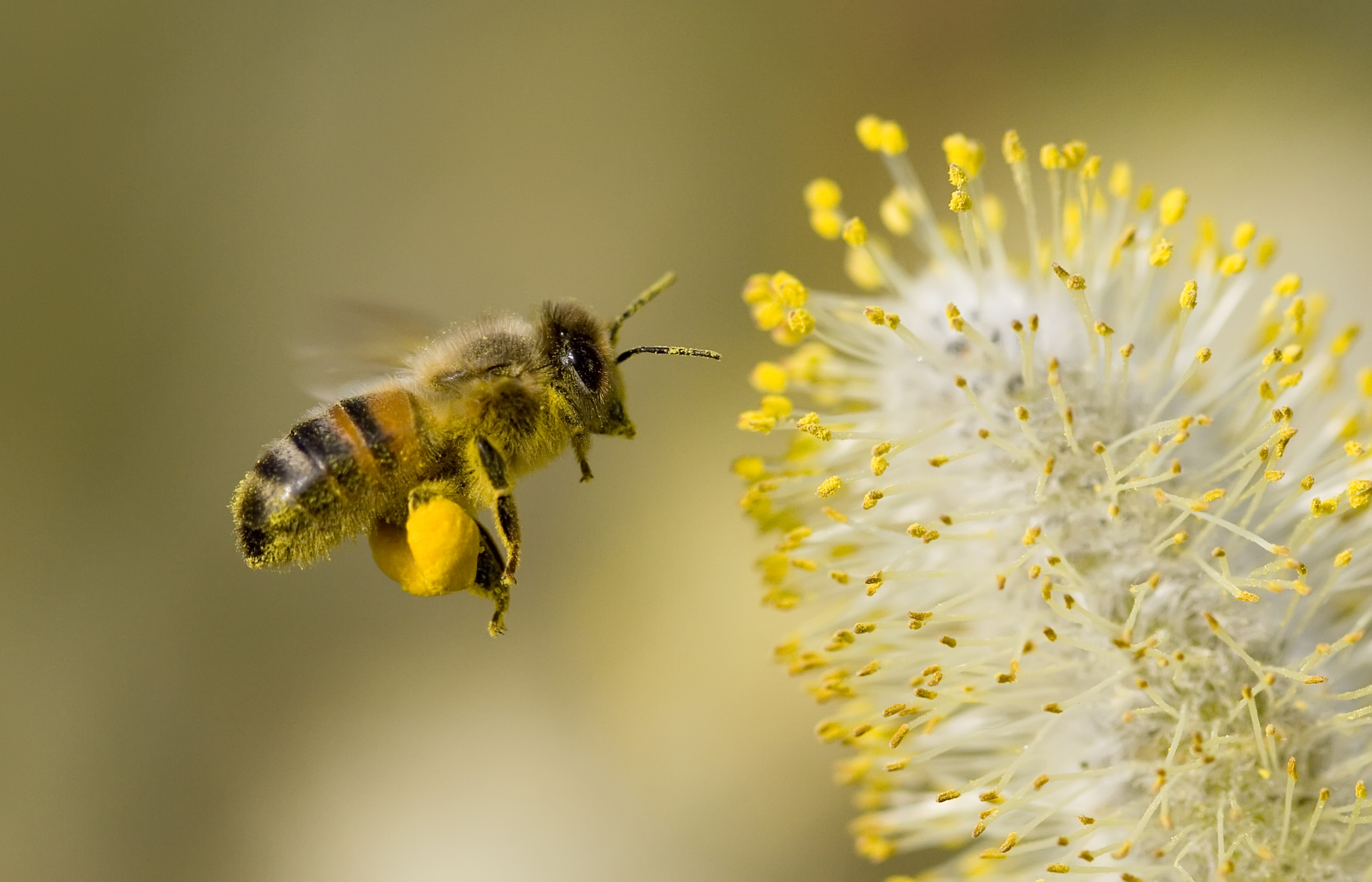“Bee-friendly” plants could be poisoning your garden


You may have heard that bees are key pollinators for one out of every three bites of food we eat. You may also know that bees are in grave trouble – as a recent Time magazine cover story pointed out. But did you know that your own garden plants may be poisoning these bees?
A new report by Friends of the Earth U.S. and Pesticide Research Institute found 54 percent of common garden plants purchased at top retailers such as Lowes and Home Depot contained neurotoxic pesticides known as neonicotinoids at levels that could harm or kill bees and other pollinators and offer no warning to the consumer.
A growing body of science suggests neonicotinoids (neonics), which are used in agriculture and also for cosmetic purposes on garden plants, are a key factor in recent global bee die-offs, a phenomenon known as Colony Collapse Disorder. Beekeepers across the country have reported losses of 40-90 percent of their bees last winter. In an effort to protect bees, the European Union is set to suspend the use of three neonic pesticides later this year. The US should follow their lead.
Neonics are the most widely used class of insecticides in the world. Studies show that these systemic pesticides which pervade the entire plant, are toxic to bees even at low doses, weakening their immune systems and impairing their brains so that it’s hard to find food and return to their hives.
Bees are exposed to neonics not just through large scale agriculture, but also, as the pilot study highlights, through common plants sold in nurseries and garden stores across the U.S. That means that we may be planting bee-killing plants in our home gardens instead of providing a bee sanctuary.
From nuts and soybeans, to squash and cucumbers, from apples, oranges, cherries and blueberries, to avocados, peaches and melons, bees play a critical role in producing the food we eat. Honey bees also contribute over $15 billion to the U.S. economy. Bees are a keystone species and with roughly 80 percent of all flowering plants on the earth reliant on pollinators to reproduce, if we lose bees we will likely lose a host of other important species.
And last winter, beekeepers reported bee die-offs of more than 50 percent — the worst loss in more than 40 years. CCD has pushed the beekeeping industry in the U.S. to the verge of collapse, and this could spell trouble for a variety of our favorite foods and the greater food system as a whole.
However, home gardeners can change the course of the bee die-off. Below are the top tips to help you make your garden a real haven for bees.
Grow organic plants: Purchase organic plant starts or untreated seeds and grow your plants in organic potting soil. This will help provide safe food for bees.
Practice non-toxic pest control: Avoid using toxic pesticides in your garden and instead use plants that that attract beneficial insects that prey on the undesirable insects in your garden. Use organic and eco-friendly pest management strategies listed on www.BeeAction.org.
Buy neonic-free products: Read the label and avoid using off-the-shelf neonicotinoid insecticides in your garden. See www.BeeAction.org for a list of the common brand names of plant treatments that contain neonics.
Banner image credit: DeviantArt/RossToss via Creative Commons
